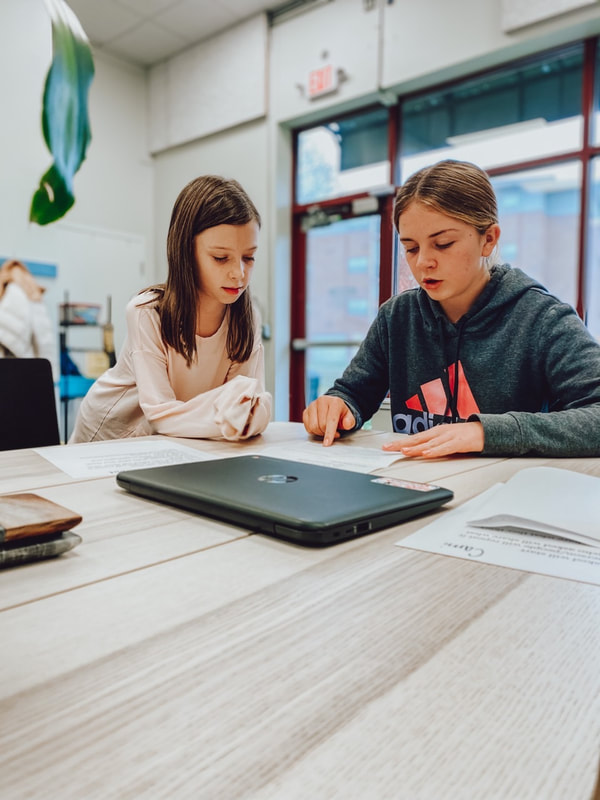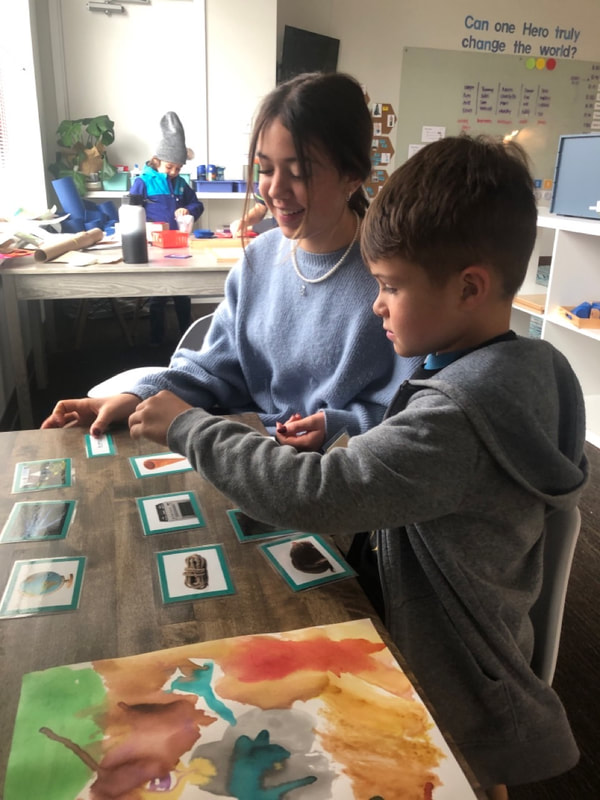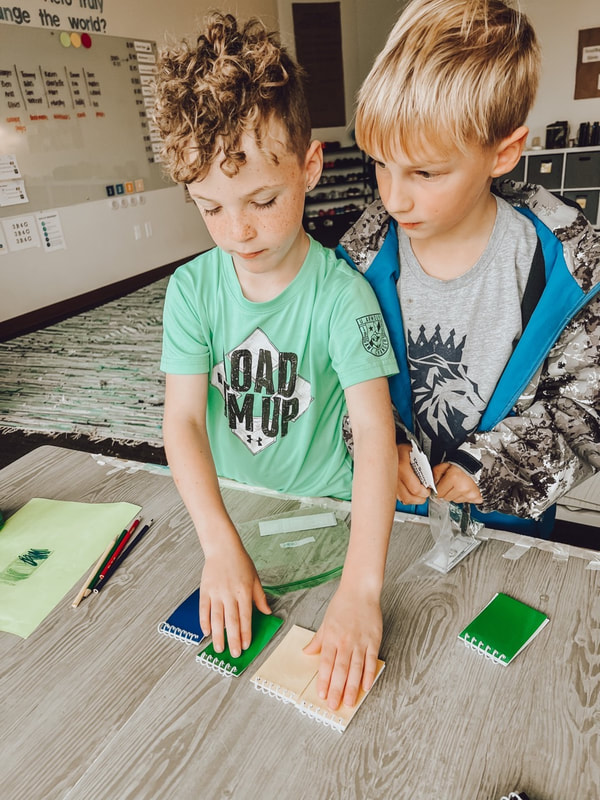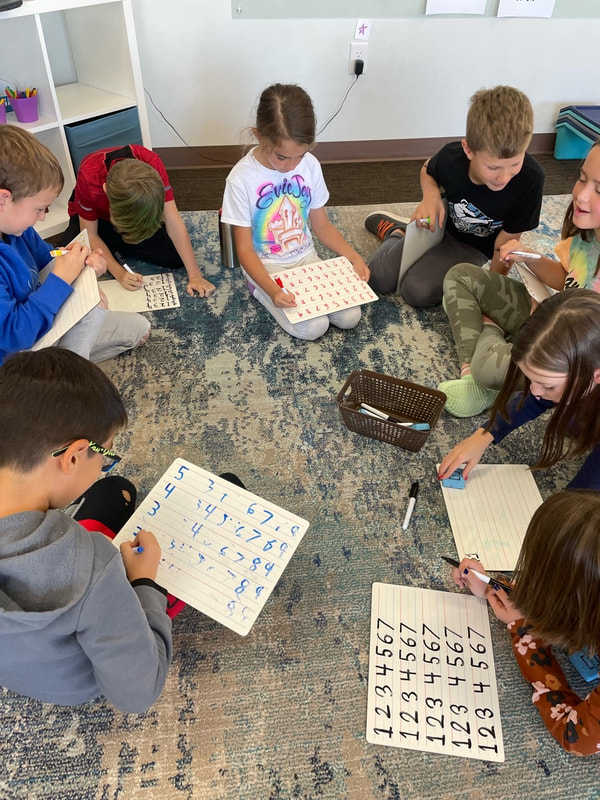Do Guides Really Not Answer Questions? The following blog is a follow up to a previous deep dive into the Socratic Method at Acton Academy. If you were to boil Acton down to its most basic, it's that Acton Academy Lincoln is a learner-driven community. We are learner driven in the sense that the energy for the learning journey flows from the responsibility of the learners to take on challenges and make choices and then own the consequences of their decisions. This is the heart of personal growth and character development. We are a community in the sense that we are all heroes in the making, actively building a fellowship of heroes, parents, and guides all working together and supporting one another on a hero’s journey. No one journeys alone and individual choices impact the culture of the whole. Both of these are essential to what we are building at Acton. In an effort to build Acton into an authentic learner driven community, this past year the guides have focused in on the practice of remaining 100% Socratic all the time. A part of this has to do with not answering questions directly, but it is even more about developing our own mindset and habits so we are more effectively equipping heroes with tools and recipes, connecting them to one another, and igniting curiosity and growth. As we have doubled down on this part of Acton learning design, we’ve encountered the misconception (from both learners and parents) that Socratic Guiding means that guides aren’t here to help. That heroes are discouraged from asking questions or seeking help when they need it or that this commitment to remaining Socratic was chipping away at the sense of community at Acton. There’s certainly a part of this that comes from the fact that we are still very much growing and developing as guides. We’re learning every day and making adjustments as we deepen our own understanding and skills. But at the heart of this is the fear that these two critical characteristics of Acton - Learner Driven & Community - are at odds with each other. But this isn’t the case. Socratic guiding is certainly radical practice in education and a nuanced process. But as we have wrestled with it, both in theory and in practice, it's become clear that having guides who commit to always remaining Socratic is a cornerstone of both ensuring a learner driven environment and building a strong community. To help challenge this misunderstanding at school, we played a game for the last two and a half weeks of Session 3. Over the course of 12 school days, heroes were challenged to document at least 1000 instances of either guides helping heroes Socratically, or heroes serving one another in a meaningful way. The specifics of the challenge were adapted to be understandable for each studio, but “documented helping” had to fall into these categories: To keep energy high, we took a variety of ideas from the heroes (ranging from a pet rabbit, to pizza, to a movie/fort building party) and built a prize bracket that they voted on each day until a final schoolwide choice was made. And in 12 days the heroes documented 1053 instances of guides helping Socratically and heroes serving one another. The majority were heroes helping each other but more than 250 were instances of guides helping Socratically. I think all of this is noteworthy, because it shows that at Acton, where guides commit to remaining 100% Socratic all the time:
Again, I think there has been the perception that guides remaining 100% Socratic has been protecting the learner driven side of Acton at the expense of developing the community. And so I’m sharing all of this really for two reasons. The first is simply to highlight the reality that Socratic guiding is an important part of building up both the learner-driven and community aspects of Acton. The second is to offer parents an insight and a tool to help us push back against this misconception and equip your hero to be a learner-driven community builder. As a fellow Acton parent, as well as guide, I’ve found with my own children that the sense (real or not) of facing a challenge alone or not having anyone to turn to for support can be a trap that leads to a victim mentality. Our hope is that when your child comes home struggling with a problem at school and starts to say things like like “guides won’t help me,” or “I can’t ask anybody for help,” that together you can look back at this experience and use it a conversation starter and tool for pointing them both to the learner driven tools they have AND the community that is here to support them.
1 Comment
Gina Wertz
2/2/2023 03:14:13 pm
When we first started at Acton - we used to hear "guides won’t help me,” or “I can’t ask anybody for help,” and now we've noticed a shift to the kids telling us how they've solved a problem on their own (using various different resources and tools) and letting us know what their conclusions are (just because they are proud of their accomplishments!) Love it! Thank you.
Reply
Leave a Reply. |
8400 Cody Drive
|








 RSS Feed
RSS Feed


